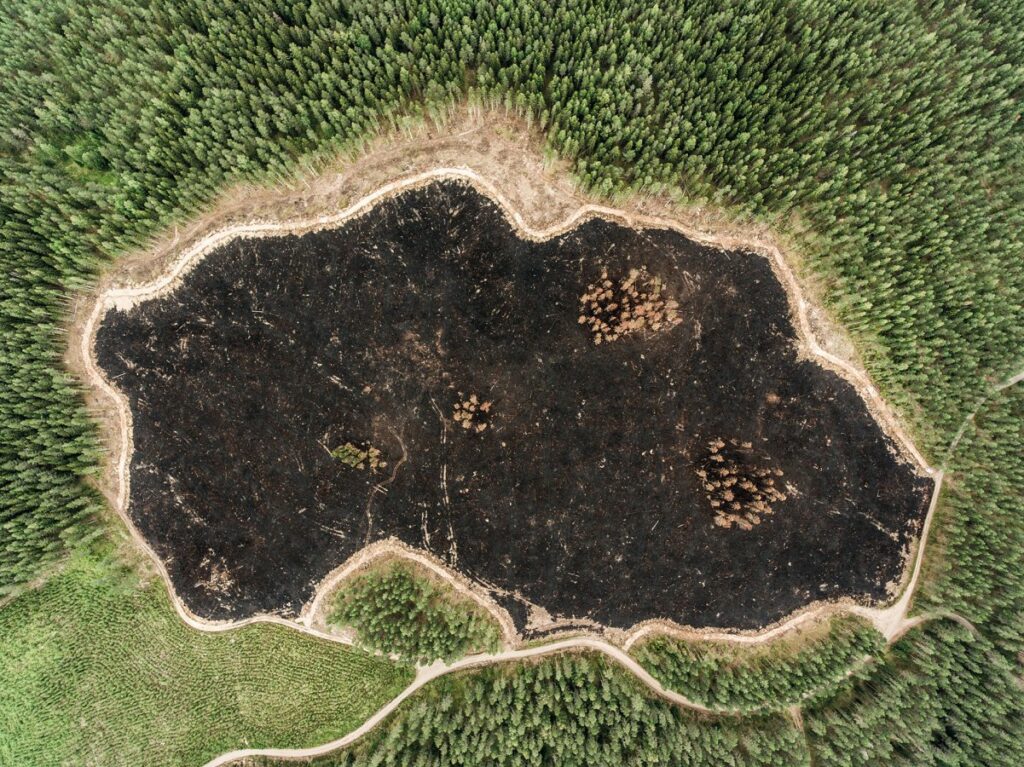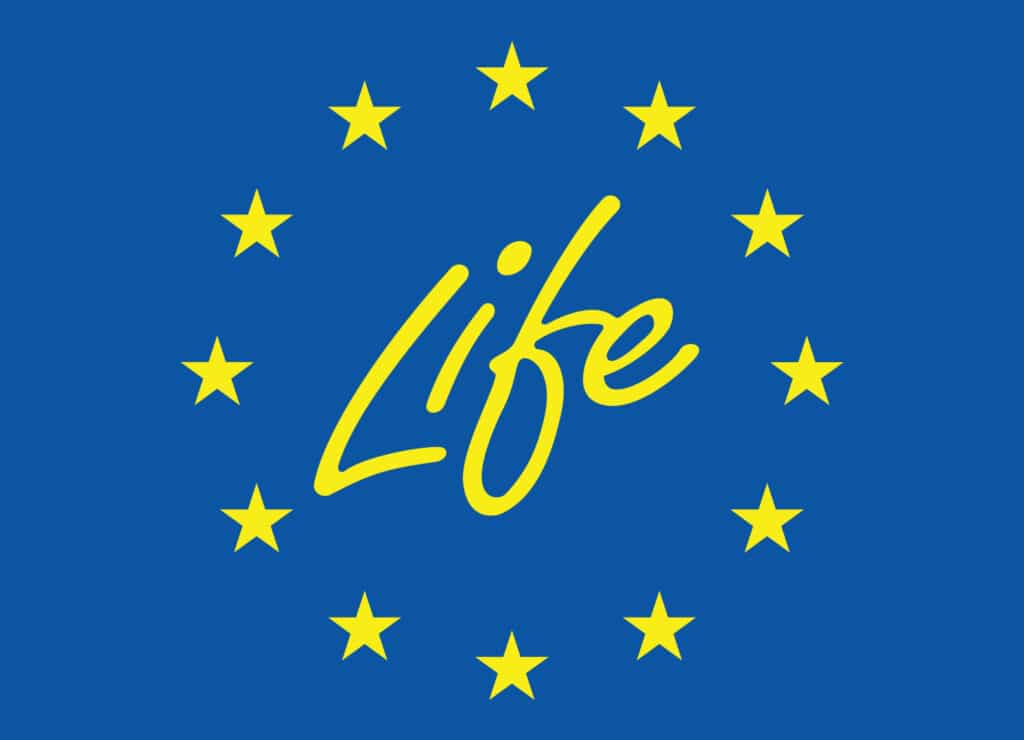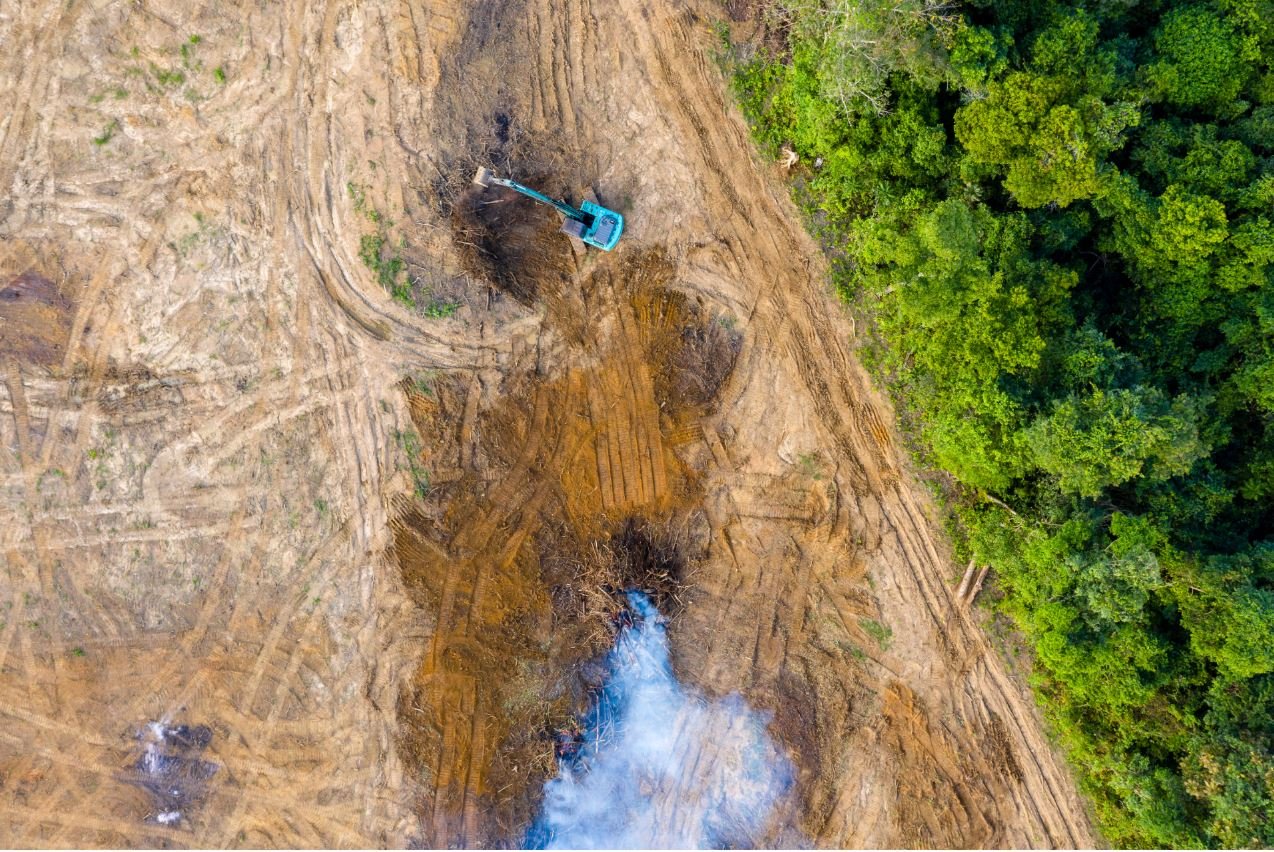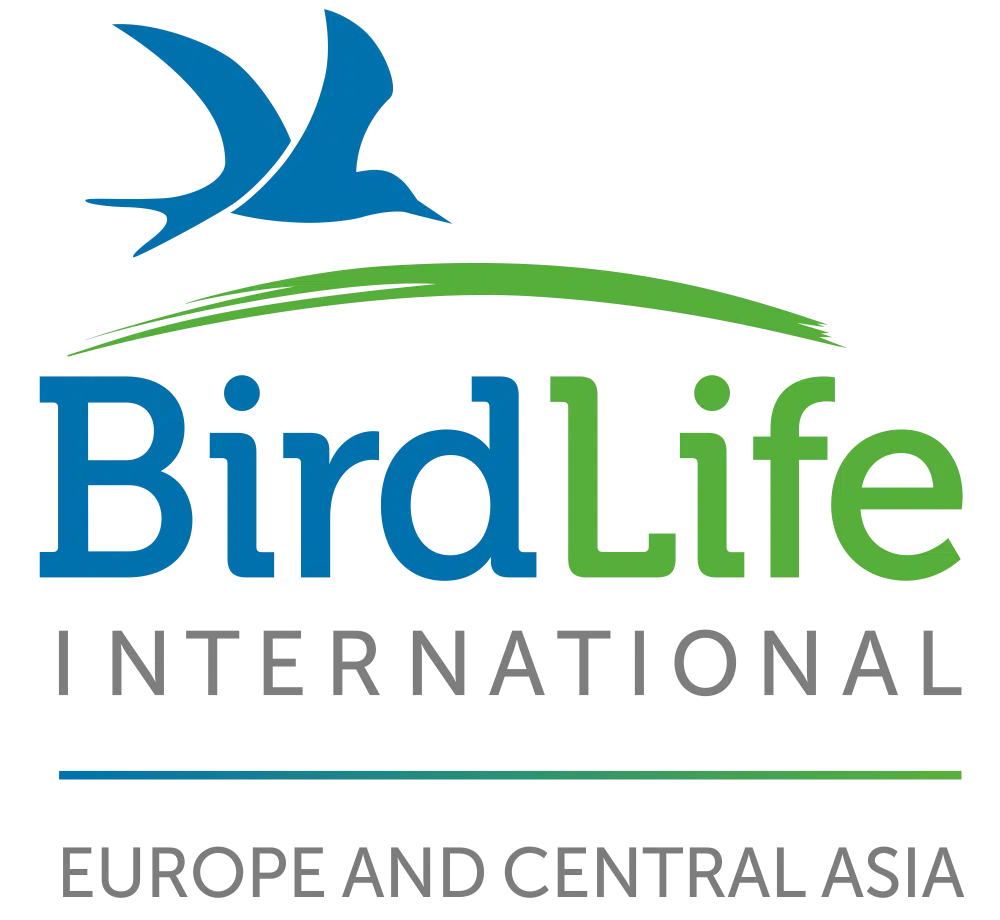Burn or Restore: New BirdLife report on the world’s land demands

Land is a finite resource. Yet growing demands are putting increasingly competing pressures on the world’s land and ecosystems.
By Marianna Colonna
A new report by Birdlife Europe investigates those competing pressures on land in light of the climate and biodiversity crises, and the findings are crystal clear. Governments and industry must stop burning trees for bioenergy, and instead urgently set aside land for nature. Bioenergy is a false climate solution that adds emissions to the atmosphere and wipes out wildlife habitats.
The way in which land is currently being used is already unsustainable. Our planet cannot afford to use more land to produce biomass, that ends up being burned for energy. In this report, BirdLife Europe proposes a set of principles to guide EU policies affecting future land use, so that they do not continue to fuel the climate and biodiversity crises.
The debate on how much land is available is often flawed as it is based on the question what land assets can be sacrificed. More and more of the world’s habitable land is taken up by agriculture. The vast majority of this land is taken up to feed livestock. In recent times renewable energy incentives have added new pressures on land, in particular through the large scale growing of bioenergy feedstocks.
But our current use of land is already unsustainable and in order to mitigate biodiversity loss and climate change we urgently need to set aside land for nature. It is crucial that the European Commission in its upcoming review of the EU Renewable Energy Directive (REDII) takes account of the intrinsic value of land for climate mitigation and biodiversity protection and ends the burning of trees and crops for energy.
Read the BirdLife report Burn or Restore: Meeting competing demands for land in the best way for nature, the climate, & humans
Image credits: Forest Destruction in Finland ©Jani Sipilä, Greenpeace
You might also be interested in:
 | Stichting BirdLife Europe gratefully acknowledges financial support from the European Commission. All content and opinions expressed on these pages are solely those of Stichting BirdLife Europe. The European Commission is not responsible for any use that may be made of the information it contains. |








